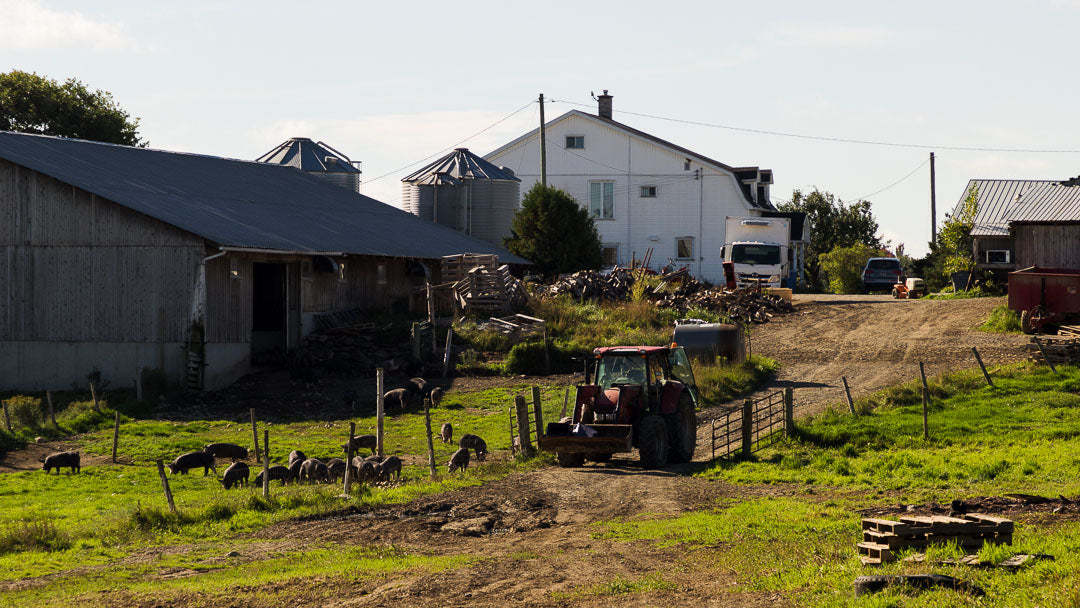Organic products have many benefits, especially for the environment and potential health prevention, in addition to offering reliable guarantees since they can be verified from farm to table. However, it can be difficult to understand what the "organic" label really means, so here is a little guide to untangle it all.
The "organic" certification means that any product declared as such must comply with the Organic Label Specifications in Quebec as well as the Canadian organic production standards. To carry this label, producers must, however, bear significant administrative costs in addition to the investments directly related to production.
These standards govern practices in production and food processing as well as the list of substances allowed in this mode of production. They are based on environmental protection and have been grouped under four main principles: health, ecology, fairness, and precaution.

To produce certified organic meat or poultry, respect for animals is a priority. That is why farming standards take into account all the conditions necessary for their well-being:
- providing sufficient space in the buildings for their comfort and so they can express their natural behaviors;
- providing access to the outdoors and natural light in the buildings;
- feeding them with 100% organic grains and forages.
Furthermore, in organic farming:
- the animals receive preventive care in the form of homeopathic treatments and other natural treatments instead of antibiotics;
- the rearing periods are longer, since the animals do not receive growth stimulants.

On an organic livestock farm, direct contact with the animal is important and necessary. It is essential to develop observational skills in the field and a good understanding of animal behavior to succeed in this type of farming.
In Quebec, organic certification is granted to a company following inspections carried out by an independent organization that has obtained assurance that the company has rigorously applied the necessary requirements.
That said, it is not because a farm does not have the official "organic" label that it does not meet the criteria previously stated. Several small producers, including some with whom we collaborate, rather choose not to carry this certification, preferring to invest the fees it requires directly into their livestock.
For more information, we invite you to visit the site of Bio Québec.
